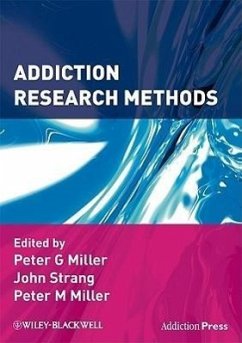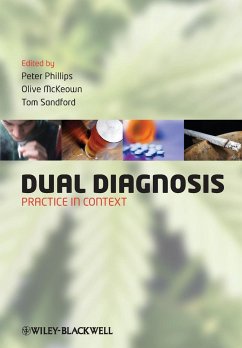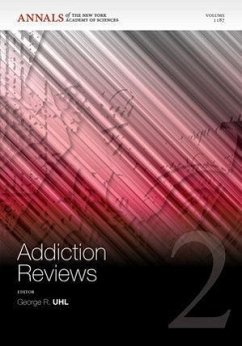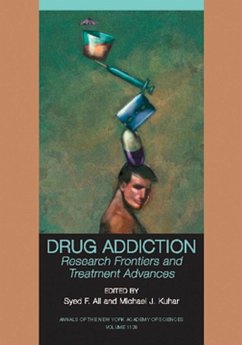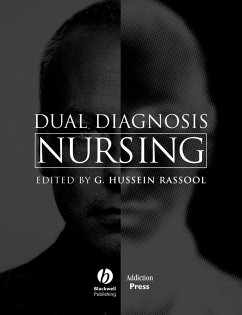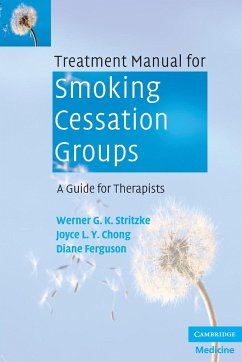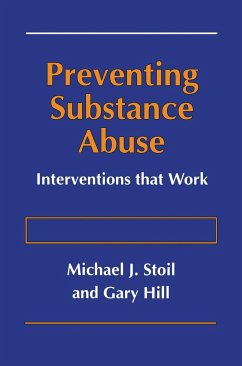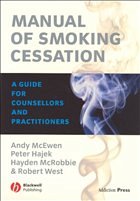
Manual of Smoking Cessation
A Guide for Counsellors and Practitioners

PAYBACK Punkte
33 °P sammeln!
Manual of Smoking Cessation provides the crucial knowledge required if you are involved in helping smokers to stop. The manual provides facts, figures, suggested interventions and sources of further information to assist in providing evidence-based treatment for smokers wishing to stop. This manual covers the core content areas and key learning outcomes described in the Standard for Training in Smoking Cessation (Health Development Agency, 2003). Manual of Smoking Cessation is structured in two concise parts: Part 1 provides essential information on smoking demographics, along with the risks o...
Manual of Smoking Cessation provides the crucial knowledge required if you are involved in helping smokers to stop. The manual provides facts, figures, suggested interventions and sources of further information to assist in providing evidence-based treatment for smokers wishing to stop. This manual covers the core content areas and key learning outcomes described in the Standard for Training in Smoking Cessation (Health Development Agency, 2003). Manual of Smoking Cessation is structured in two concise parts: Part 1 provides essential information on smoking demographics, along with the risks of smoking and the benefits of stopping; Part 2 offers a range of practical advice to implement with clients. The Smoking Cessation Manual is an essential text for all those involved in the provision of smoking cessation services, including smoking cessation counsellors, nurses, pharmacists, doctors, health promotion officers, dental professionals, and other members of the health care team. The book is an invaluable resource for those learning about smoking cessation, and a succinct aide-memoire to those already practicing in the field. The authors represent the 'who's who' in the field of smoking cessation and are affiliated to University College London and Cancer Research UK (Andy McEwen and Robert West), St Bartholomew's & Royal London School of Medicine and Dentistry (Peter Hajek), and the University of Auckland (Hayden McRobbie).




